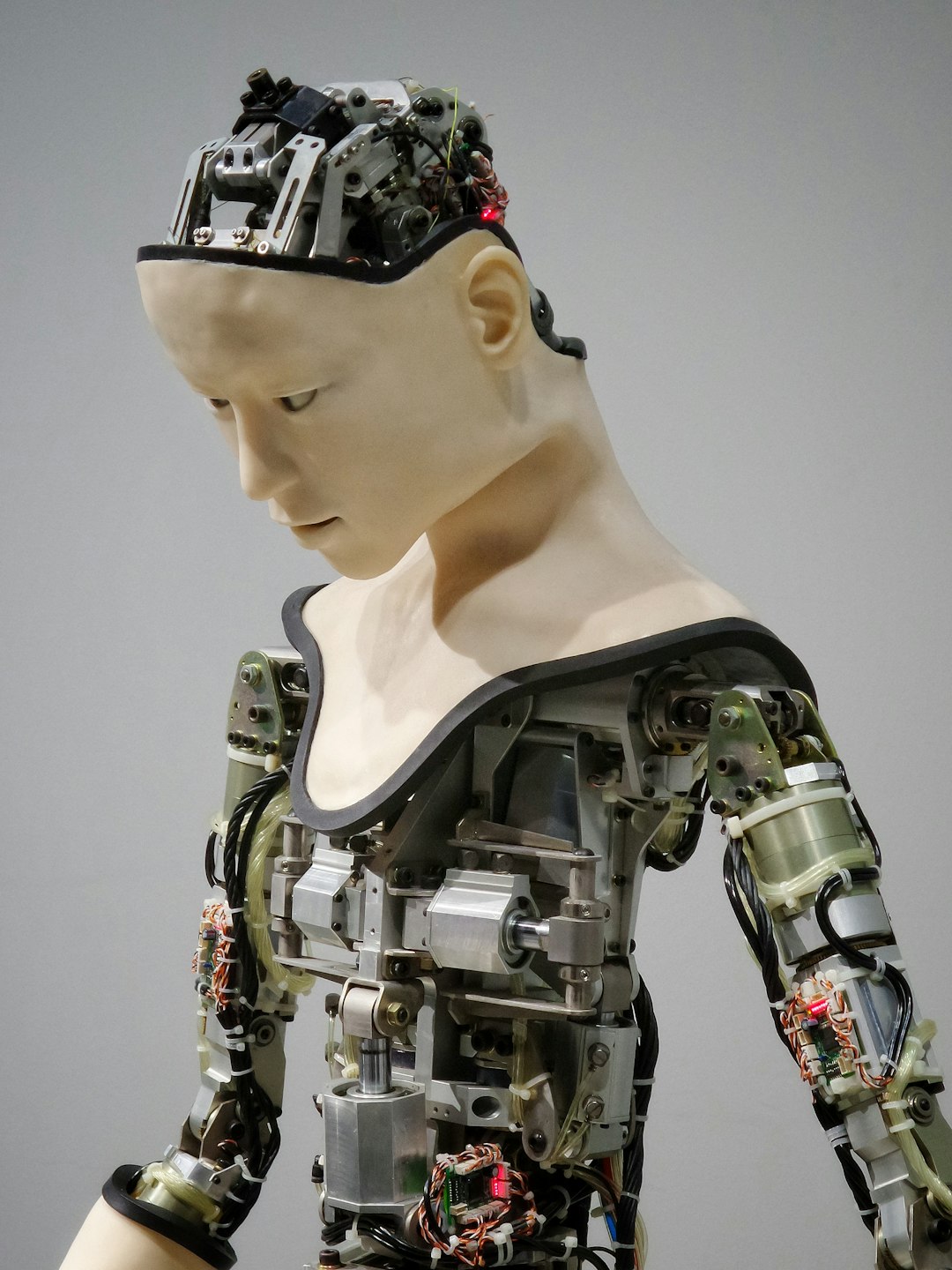Search engine optimization (SEO) has long been the backbone of digital marketing strategies. From keyword research to backlink building, businesses have relied heavily on SEO to drive organic traffic. However, with the rapid rise of artificial intelligence (AI), the digital landscape is undergoing a seismic shift. The rules of the game are changing—and fast. If you haven’t already adapted to the AI-driven future, it’s time to ask yourself a vital question: Are you ready?
The Rise of AI in Search
AI is no longer a futuristic concept. It’s already embedded in the very architecture of search engines. Google’s algorithms, such as BERT and MUM, use advanced machine learning to understand the context, intent, and nuances of search queries. AI-powered bots can now interpret natural language like never before, breaking free from the keyword-literal limitations of the past.
This evolution means that traditional SEO strategies—like keyword stuffing or building generic backlinks—are rapidly becoming obsolete. AI rewards quality, contextually relevant content that genuinely answers users’ queries.

What Does AI-Driven SEO Look Like?
To thrive in the AI era, SEO needs to evolve from technical wizardry into intelligent content strategy. Here’s what modern, AI-responsive SEO entails:
- Semantic Search Optimization: Search engines understand topics, not just keywords. Optimizing for themes, entities, and user intent is crucial.
- Voice Search Adaptation: With smart speakers and voice-enabled devices becoming mainstream, optimizing for natural language queries is a must.
- Content Quality Over Quantity: AI engines prioritize authoritative, well-researched content. Forget mass-publishing articles; focus on in-depth analysis and authenticity.
- Experience First: AI considers user engagement metrics like time-on-site, bounce rate, and content readability. A seamless, engaging user experience is now part of SEO.
The Emergence of Generative AI Content
One of the most disruptive ways AI has influenced SEO is through content generation. Tools like ChatGPT and Bard can produce blogs, social media posts, and even entire landing pages in seconds. While this offers speed and scalability, there’s a caveat.
Search engines have become adept at identifying thin, low-quality AI-generated content. It’s not enough to churn out articles and hope to rank. Your content still needs a human touch—editing, personalization, and strategic intent—to pass quality filters and truly connect with readers.
To ensure that you’re on the right side of SEO:
- Use AI to assist, not replace, content creation.
- Inject human insight, data analysis, and storytelling into your articles.
- Regularly audit content for originality and SEO value.

AI in Technical SEO
Beyond content, AI also impacts the technical side of SEO. Now, tools powered by machine learning can:
- Predict site rankings based on algorithmic patterns.
- Analyze user behavior to optimize internal linking and site navigation.
- Automatically suggest meta tags, schema markup, or page structures for better crawlability.
Leveraging these technologies doesn’t just improve rankings—it enhances the entire user experience. A faster, well-structured, mobile-optimized site is now baseline expectation, not an added bonus.
Preparing for the Future
So, how can businesses prepare for this AI revolution in SEO? Here are a few steps to future-proof your strategy:
- Stay Updated: Follow updates from major search engines and keep an eye on AI-related SEO changes.
- Invest in Data: First-party data and in-depth analytics are more important than ever for creating customized and effective content strategies.
- Adopt AI Wisely: Use AI tools to enhance efficiency, but don’t sacrifice creativity, trust, or brand voice.
- Focus on Trust and Authority: Google’s E-E-A-T (Experience, Expertise, Authoritativeness, Trustworthiness) guidelines still rule—AI or not.
Final Thoughts
AI is not here to destroy SEO—it’s here to refine it. The shift may seem overwhelming, but it also opens up incredible opportunities for those ready to adapt. Whether you’re a small business owner, digital marketer, or content creator, embracing AI’s potential while sticking to SEO fundamentals is the winning combination.
Ask yourself again: Are you ready? Because the future of SEO is already here, and it’s powered by artificial intelligence.
